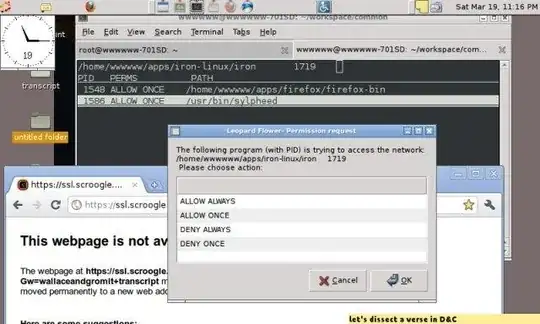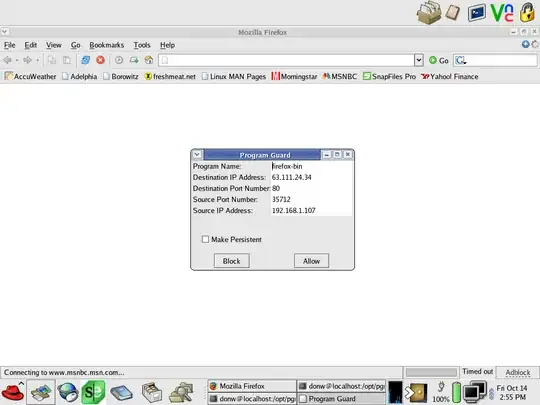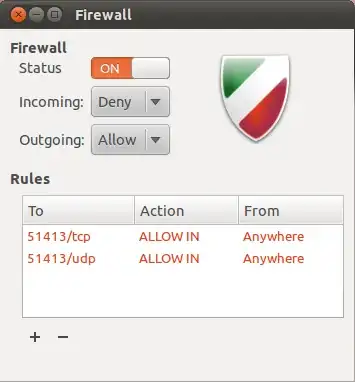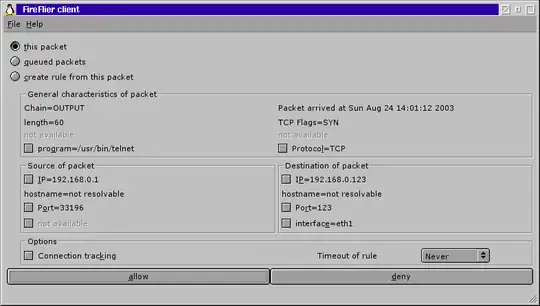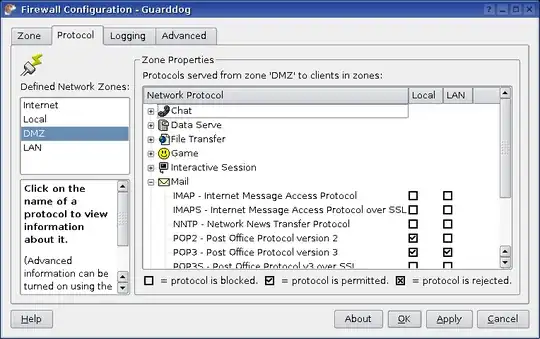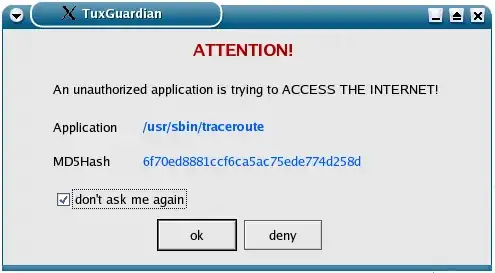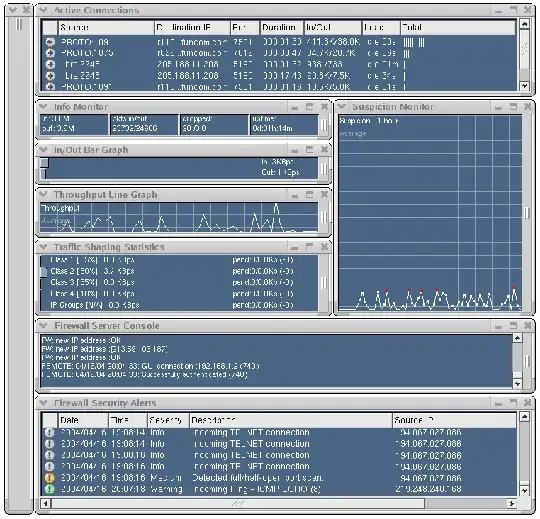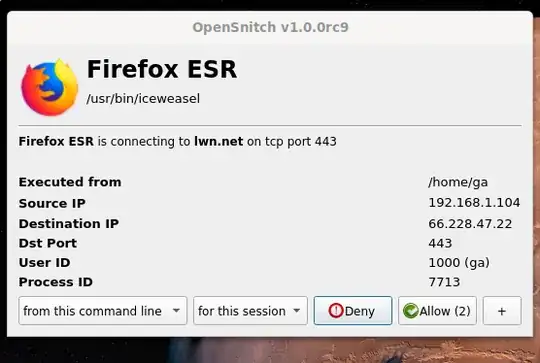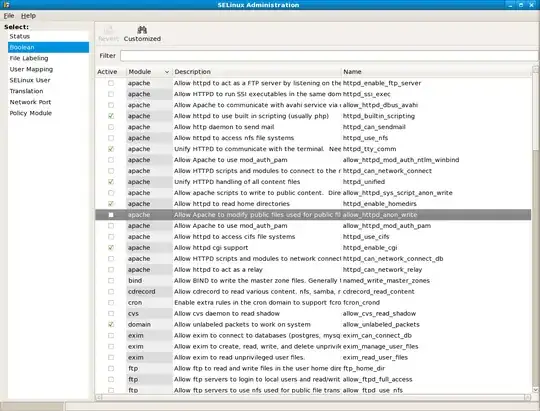I'm trying out Ubuntu. Been a Mac user. I like ubuntu a lot but I'm uncomfortable not having an app-firewall that reports what connections are being made to the internet. I find it unnerving to not have any control over what can & cannot connect to the internet.
Little Snitch works great on the Mac for this purpose. Is there anything comparable on Ubuntu? The default UFW firewall cannot stop apps from connecting so is pretty useless.
